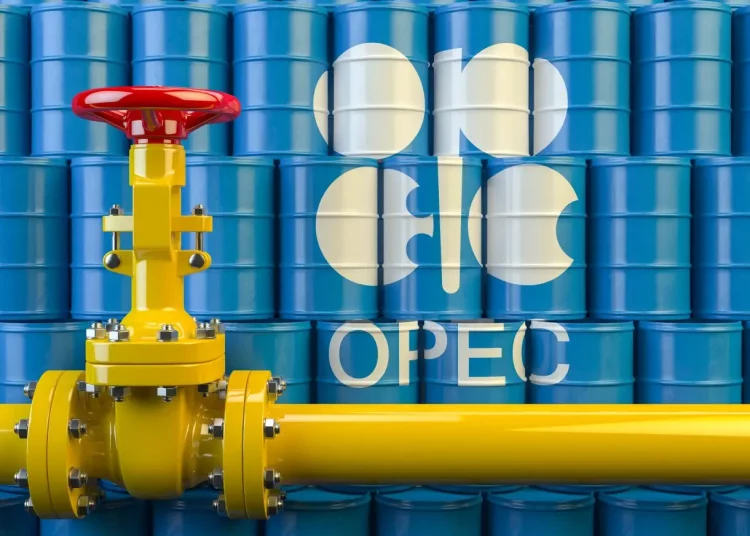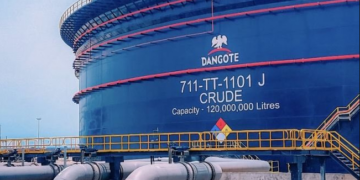The secretary general of the Organisation of Petroleum Exporting Countries(OPEC), Haitham Al-Ghais, has said, the global oil markets may face a high risk of a supply squeeze this year as demand remains resilient and spare production capacity dwindles.
Fears over slowing consumption in China and the wider world which have pushed crude prices 16 per cent lower this month have been exaggerated, Al-Ghais told Bloomberg Television.
At the same time, producers in the Organization and beyond are running out of extra supplies they can bring to market, Al-Ghais said at OPEC’s Vienna headquarters.
The Kuwaiti oil executive was appointed as the group’s top diplomat this month.
“We are running on thin ice, if I may use that term, because spare capacity is becoming scarce, The likelihood of a squeeze is there,” Al-Ghais said.
International oil prices have retreated to near $90 a barrel amid signs of a slowing economy in China where fuel use slumped to a two-year low in July and a lackluster holiday driving season in the US.
Still, the OPEC chief remains confident that world oil demand will increase by almost 3 million barrels a day this year, bolstered by China’s return from Covid-related lockdowns.
“China is still a source of phenomenal growth. We haven’t seen China open up exactly there’s a strict COVID Zero policy I think that will have an impact when China gets back to full steam,” he said.
Al-Ghais’ decades of experience at Kuwait Petroleum Corp. included opening the company’s first Beijing office in 2005.
The OPEC+ alliance surprised traders earlier this month by agreeing on a token production increase of just 100,000 barrels a day, despite calls for extra supplies by US President Joe Biden, who made a landmark trip to group leader Saudi Arabia in July.
The 23-nation group, an amalgam of OPEC nations and non-members, explained that it had to ration its “severely limited” reserves of output with “great caution.” OPEC and its partners hold idle capacity of roughly 2 million to 3 million barrels a day, or about 3 per cent of world output, Al-Ghais said.
The crunch has arisen from years of underinvestment in the global oil industry, both in developing new supplies and building the refineries and other infrastructure to process them, he said.
“Chronic underinvestment for several years is really what’s taken us to where we are today,” he said.
World markets may also face strain as European Union sanctions on OPEC+ member Russia over its invasion of Ukraine come into effect in December. Despite the political turmoil, the group has shown it’s keen to preserve ties with Moscow, which Al-Ghais considers to have played a “critical role” in the stability of global markets.
We’ve got the edge. Get real-time reports, breaking scoops, and exclusive angles delivered straight to your phone. Don’t settle for stale news. Join LEADERSHIP NEWS on WhatsApp for 24/7 updates →
Join Our WhatsApp Channel










